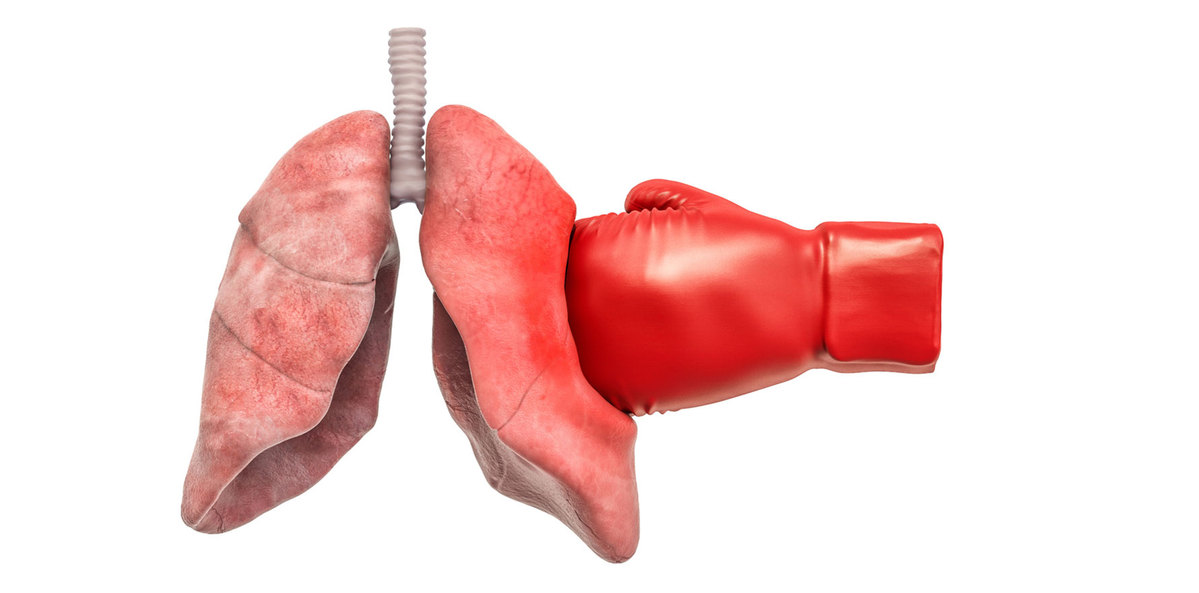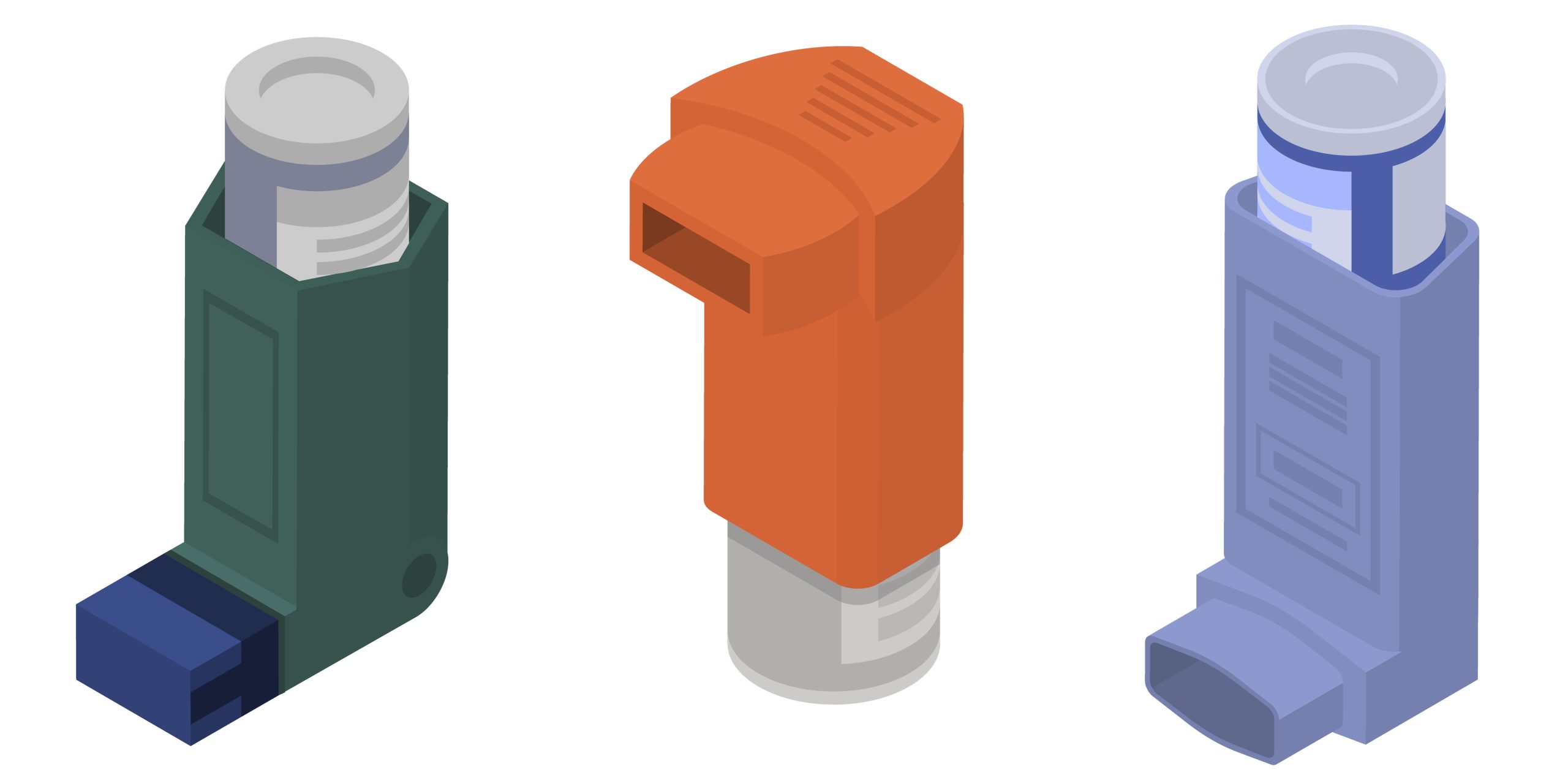Psychiatric adverse events are rare but warrant awareness, experts say. And better asthma treatments exist.
Montelukast (Singulair) has been in the news this week, with reports that US government researchers have found the drug binds to brain receptors linked to psychiatric function.
The TGA has told TMR it is currently “working with the sponsor to strengthen existing warnings in the PI”.
Australian experts say the neurocognitive side-effects of montelukast, a leukotriene receptor antagonist treatment for asthma and allergic rhinitis, have long been known. In most cases it is not the recommended treatment as there are more effective alternatives.
The preliminary research findings, covered by Reuters, were presented at an American College of Toxicology meeting in Austin, Texas. Reuters said the two FDA scientists told them the receptors were involved in various functions including mood, impulse control, cognition and sleep and while the data did not confirm this led directly to harm, “it’s definitely doing something that’s concerning,” said researcher Julia Marschallinger.
A spokesperson for the Department of Health and Aged Care told TMR that 339 adverse events had been reported since late 2014 in which the patient was taking montelukast; a psychiatric condition was noted in 204 of them. Of the 16 events reported this year, three were death from suicide where montelukast was the only drug the patient was taking.
“Reporting of an adverse event to the TGA and publication in our Database of Adverse Event Notifications (DAEN) – medicines does not necessarily mean that a causal link with the medicine has been established,” the spokesperson said.
In a TGA safety investigation conducted this year after warnings were strengthened in the US, the Advisory Committee on Medicine (ACM) told the TGA “the updated evidence did not identify any new neuropsychiatric risks; and the existing evidence for the association between montelukast and neuropsychiatric risks had not changed and remained uncertain,” the spokesperson said.
“However, on balance, the ACM advised that, while the scientific and clinical evidence to 2024 does not demonstrate a causal association between montelukast and neuropsychiatric symptoms, a boxed warning would now be appropriate to ensure alignment with international regulators and in acknowledgment of consumer concerns.
“In formulating the boxed warning, the ACM supported careful wording that neuropsychiatric events are generally mild and may be coincidental.”
Professor Peter Wark, a member of the National Asthma Council Australia Guidelines Committee, conjoint professor of medicine at Monash University and a respiratory and sleep specialist at John Hunter Hospital, Newcastle said current research showed an association between neurocognitive effects and montelukast in adults, but it was inconclusive in children.
“The neurocognitive effects were not well defined, and that’s a bit problematic,” he told TMR. “And the evidence was really not strong enough to make a recommendation that montelukast was clearly associated with them in children. But certainly that association exists in adults and it does seem to be strong.”
Importantly, montelukast is not recommended as first line of treatment for asthma.
“That’s probably the most important thing to say, and clearly the guidelines say it’s inferior to inhaled corticosteroids,” said Professor Wark.
Related
“Inhaled corticosteroids with LABA [long-acting beta agonist] is a better choice, even in children, certainly in adolescents. In terms of regular treatment, montelukast is not as effective in children over the age of six. And in younger children the evidence for montelukast is equivocal. It performs no better than inhaled corticosteroids, either as needed or regularly.”
Montelukast, which is taken orally, was marketed in the US as being easier for young children to use than inhalers, he said, but in fact the chewable tablets were no better tolerated in children than masks with spacers.
“The concern has been to avoid corticosteroids in that age group. Regular use of inhaled corticosteroids has certainly been shown to lead to a temporary decline in height gain, but these kids do catch up later on.
“Interestingly, if you treat asthma intermittently with inhaled corticosteroid and short-acting beta agonist, it’s as effective as montelukast, and you don’t get the impact on growth that you see with regular everyday use.”
In children under six, it’s harder to determine when they require preventative treatment, but where it’s persistent disease or frequent severe intermittent disease, inhaled corticosteroids is “at least equivalent” to montelukast and is “probably superior”, said Professor Wark.
Professor Helen Reddel, respiratory physician, research leader at the Woolcock Institute of Medical Research, and chair of the Global Initiative for Asthma (GINA) Science Committee, said many drugs crossed the blood-brain barrier, but the FDA study could perhaps help with understanding the mechanism of adverse effects sometimes seen after commencement of montelukast.
She said that although the risk of these adverse effects was low and use of the drug was decreasing, it was important for parents and practitioners to be aware of the possibility.
Adverse effects including sleep disturbance, behavioural problems and, rarely, suicidal ideation were well known and documented in product information and consumer medicines information leaflets, said Professor Reddel.
“The potential for these adverse effects to occur with montelukast treatment is also described in Australian and international asthma guidelines. Every time montelukast is mentioned in the GINA strategy report, there is a reminder to discuss potential neuropsychiatric adverse effects with the patient or parent/caregiver.”
She noted that in a large cohort study in adults with asthma, a new mental health diagnosis of anxiety was more likely in those who were taking montelukast than those who were not (6.4% vs 4.7%).
“Adverse effects seem to be more likely in children,” said Professor Reddel. “In a well-conducted study of children aged one to 17 years started on montelukast, 16% of parents reported that the treatment had been stopped within a couple of weeks because of their child developing symptoms such as irritability, aggressiveness or sleep disturbance.
“The vast majority of the adverse effects are minor. In the case of young children, if nightmares, irritability or behaviour problems begin within a couple of weeks after starting montelukast, the medication can be stopped and replaced with an alternative asthma treatment.
“Once someone has been taking a medication for months or years, it’s really difficult to disentangle whether a behavioural or mental health problem is due to the medication or might have occurred anyway. Improvement of the symptoms after the medication is stopped, and recurrence if it is restarted, is a good indication that the medication was the problem.”
A spokesperson from Organon, the company that markets Singulair, told TMR: “Organon is aware of the recent press and scientific discourse in relation to Singulair … We remain confident in the efficacy and safety profile of Singulair when used in accordance with the approved product information. The product label … contains appropriate information regarding Singulair’s benefits, risks and reported adverse reactions.”





